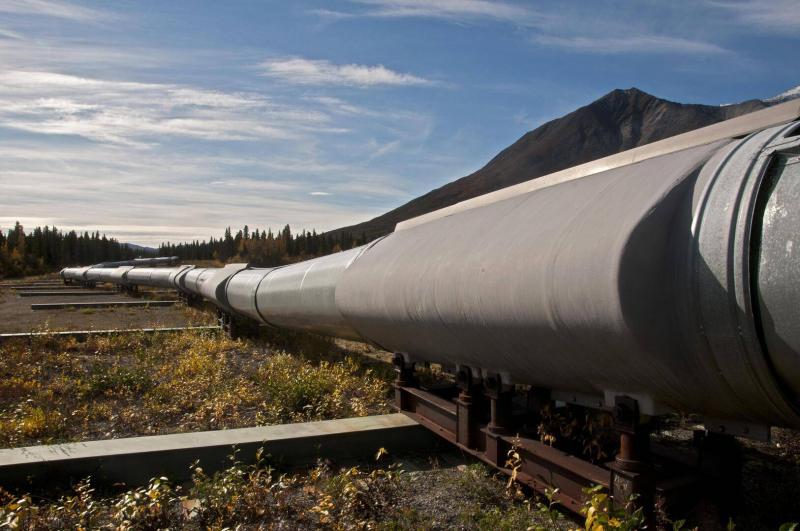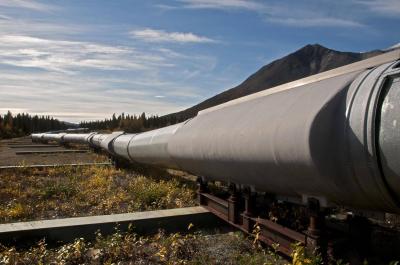Traders told Reuters that Russian oil producers supplied the UAE with their first shipments of the Caspian Pipeline Blend in August and September, opening a new export route as Moscow seeks new customers and aims to evade Western sanctions. In August and September, two Russian companies, the state-owned Lukoil and the independent firm Sengio, sold their oil to the UAE.
What is the Caspian Pipeline?
The Caspian Pipeline is used for exporting most of Kazakhstan's oil and a portion of Russian oil. It is considered one of the largest oil transportation projects in the world, involving Russia, Kazakhstan, and leading global companies such as Shell and Chevron. The pipeline was established to export Russian and Kazakh oil from the Caspian Sea region and the Black Sea to global markets. The pipeline carries two-thirds of Kazakhstan's oil exports and Russian oil from fields in the Caspian Sea.
The pipeline stretches over 1,500 kilometers, connecting oil fields in western Kazakhstan to a seaport near the Russian port of Novorossiysk. At this port, tankers are loaded with crude oil from Kazakhstan and Russia for export to global markets. The construction of the Caspian Pipeline began on May 12, 1999, and was completed on October 13, 2001. In the same month, the first tanker was loaded with oil as part of a trial for the route.
No Sanctions
The UAE has not imposed sanctions on Russia and has not participated in Western actions related to the Ukraine war. The traders noted that the Caspian Pipeline Blend oil sent to UAE ports in September would be cheaper than UAE's Murban crude. The U.S. Office of Foreign Assets Control previously stated that the Caspian Pipeline Blend oil is not subject to sanction restrictions if it originates from Kazakhstan, suggesting that buyers of the blend seek a certificate of origin. The traders, who requested anonymity, mentioned that Russian-origin Caspian Pipeline Blend is sold at a discount to the price of Kazakh shipments.




